Short Fiction Review #34a: Noam Chomsky and the Timebox
 “Noam Chomsky and the Time Box,” Douglas Lain’s lead story in the January-February Interzone, is a time travel yarn that re-visits the time-honored trope of is it possible to change the past and, in attempting to do so, how do you avoid inadvertently screwing it up worse than it already is (see Ray Bradbury’s “A Sound of Thunder” for the classic take on this “butterfly effect”)? Or, is it the case that time is an immutable continuum in which the very fact that you’ve traveled back in time (and thus has already happened in the past relative to your present timeline) something that has already occurred in determining the “future”? Another way of putting this is, if you were given the chance to go back in time to kill Hitler, could you? And, if you could, as bad as evil as Hitler was, might it cause something even worse?
“Noam Chomsky and the Time Box,” Douglas Lain’s lead story in the January-February Interzone, is a time travel yarn that re-visits the time-honored trope of is it possible to change the past and, in attempting to do so, how do you avoid inadvertently screwing it up worse than it already is (see Ray Bradbury’s “A Sound of Thunder” for the classic take on this “butterfly effect”)? Or, is it the case that time is an immutable continuum in which the very fact that you’ve traveled back in time (and thus has already happened in the past relative to your present timeline) something that has already occurred in determining the “future”? Another way of putting this is, if you were given the chance to go back in time to kill Hitler, could you? And, if you could, as bad as evil as Hitler was, might it cause something even worse?
These days, with physicists with straight faces contemplating notions of a multiverse, there’s speculation that rather than a linear topology, any particular point in time is a potential branch portal to potentially infinite outcomes in co-existing alternative universes.
Lain puts a nice spin on this, with a narrator who is a geeky tech reviewer blogging about his experiences with the “Time Box 3.0” personal time travel machine that warns “plainly and in 36 point Helvetica: TIME BOX IS PARADOX FREE. DO NOT ALTER FACTORY SETTINGS.” Needless to say, that’s the same as an open invitation to any hacker to do exactly that.
The story, however, is less concerned with the philosophical and moral conundrums of time travel and attempts to change the future (i.e., the present we live in) than it is a satire of both the 1970s (“…I could hear Carole King’s every breath as she crooned about how it was too late and how we should just stop trying. Listening to music from the 1970s was probably a mistake.”) and the second decade of the 21st century (“I’m nearly forty and yet I was dressed like a teenager from 2012. I was wearing loose blue jeans that hung down below my wast exposing tartan boxer shorts…[eyeglasses] made of transparent plastic, and filled with red ink. Cool, not?”). Our hero acknowledges as axiomatic that “you can’t kill Hitler,” but thinks perhaps very small alterations at the “seams of time” (i.e., where dimensions of multiple branching possibilities might meet) could avoid an ecological catastrophe in 2012. Consequently, he decides to try to connect the paths of Noam Chomsky, the linguist who conceived the notion of a “universal grammar” inherent in human consciousness and radical left wing philosopher (who, by the way, also makes a fictional appearance in Lydia Millet’s “Chomsky, Rodents”) and psychedelic mystic Terrence McKenna back in 1971 when both are taking the same flight from Chicago O’Hare Airport as a means to enlist this unlikely pair towards subtly reshaping the future. Speaking to McKenna and his girlfriend while they are smoking hash in the airport parking lot, the narrator relates:
I said that I’d come back to save the world…I wanted them to see how far away they were from the root of their problems. They could trip out as much as they wanted, but the multicolored chaos they brought back would either be bleached out with Clorox or slapped on the Clorox bottle as part of a rebranding campaign.
p. 9
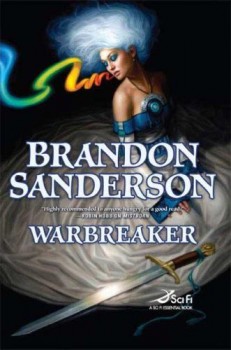 Warbreaker
Warbreaker
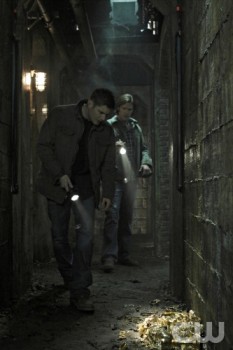 When we
When we 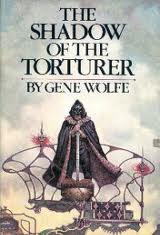
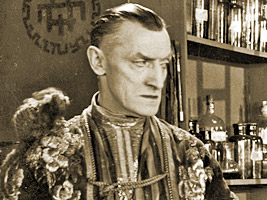
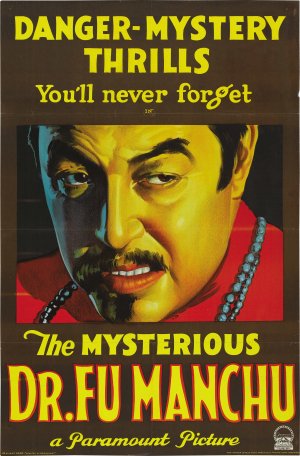

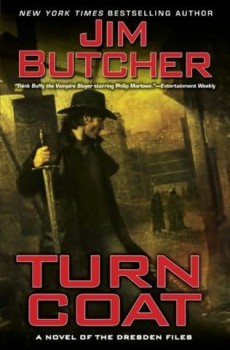 Turn Coat
Turn Coat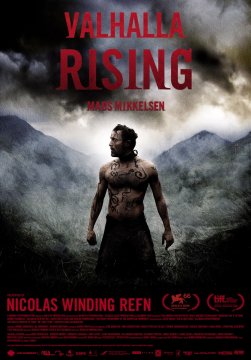 Valhalla Rising (2009)
Valhalla Rising (2009) When a show with a large fan base – especially a large SF fan base – ends, the fans have some small amount of solace, because there’s usually a rich bounty of “extended universe” materials to keep the fix going for a while. Often the avid fan, deprived of new episodes of the show, can enjoy exploring the novels, comic books, and, yes, even role-playing game supplements which are created through license with the show … but all good things must end.
When a show with a large fan base – especially a large SF fan base – ends, the fans have some small amount of solace, because there’s usually a rich bounty of “extended universe” materials to keep the fix going for a while. Often the avid fan, deprived of new episodes of the show, can enjoy exploring the novels, comic books, and, yes, even role-playing game supplements which are created through license with the show … but all good things must end.